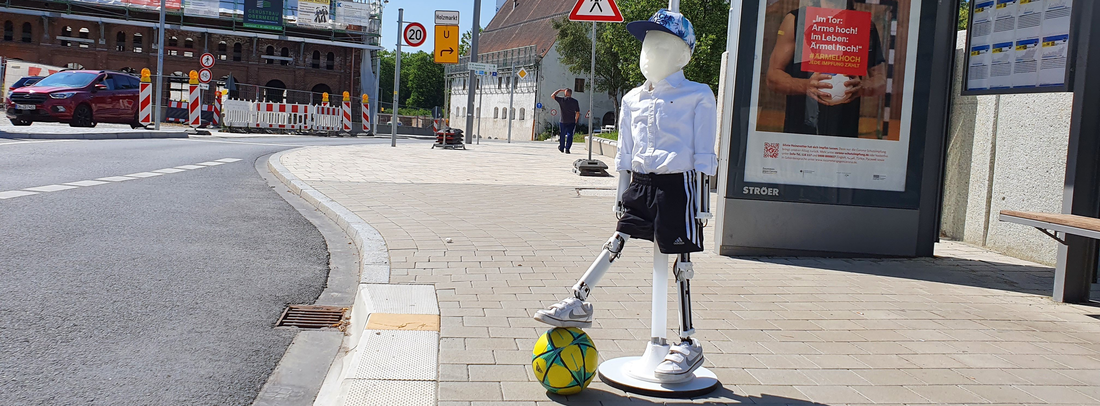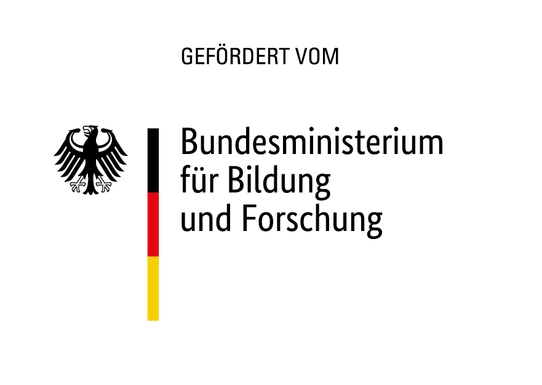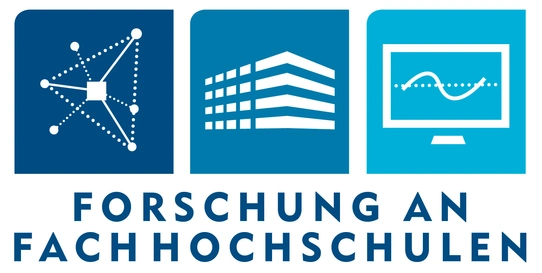
SAFIR Cluster 2: Test methods for global safety
Cluster II deals with the realization of automated and safe testing on test tracks for vehicle safety 4.0. Due to the high costs of testing, it is necessary to identify few, but "relevant" test scenarios. To this end, a method for evaluating road traffic using drones was developed. With this database, relevant scenarios are identified using machine learning methods, which are then reproduced and varied on a test track for in-depth investigation. The testing procedure requires a highly accurate state estimation of the vehicles. Therefore, a methodology for an improved state estimation with inertial sensors was researched. The special feature of that method is that a highly accurate state estimation can be conducted over longer time spans without correction data. This state estimation is fed into a driving robot, which performs reproducible driving maneuvers. To ensure that highly dynamic driving scenarios with the driving robot can be implemented safely, a method was developed to determine the dynamic limits of the vehicle in different environmental conditions by means of only a few maneuvers on a test site. Both the methods for estimating the vehicle state and for determining the dynamic limits have been incorporated into the products of the project partners. Additionally, in order to specifically address urban traffic, a dummy was developed that simulates a child aged around 6 years. The dummy has movable joints and is operated with artificial muscles so that a natural movement pattern can be imitated.
Contact

Prof. Dr.-Ing. Michael Botsch
Phone: +49 841 9348-2721
Room: K209
E-Mail: Michael.Botsch@thi.de



![[Translate to English:] Logo Akkreditierungsrat: Systemakkreditiert](/fileadmin/_processed_/2/8/csm_AR-Siegel_Systemakkreditierung_bc4ea3377d.webp)








![[Translate to English:] Logo IHK Ausbildungsbetrieb 2023](/fileadmin/_processed_/6/0/csm_IHK_Ausbildungsbetrieb_digital_2023_6850f47537.webp)


